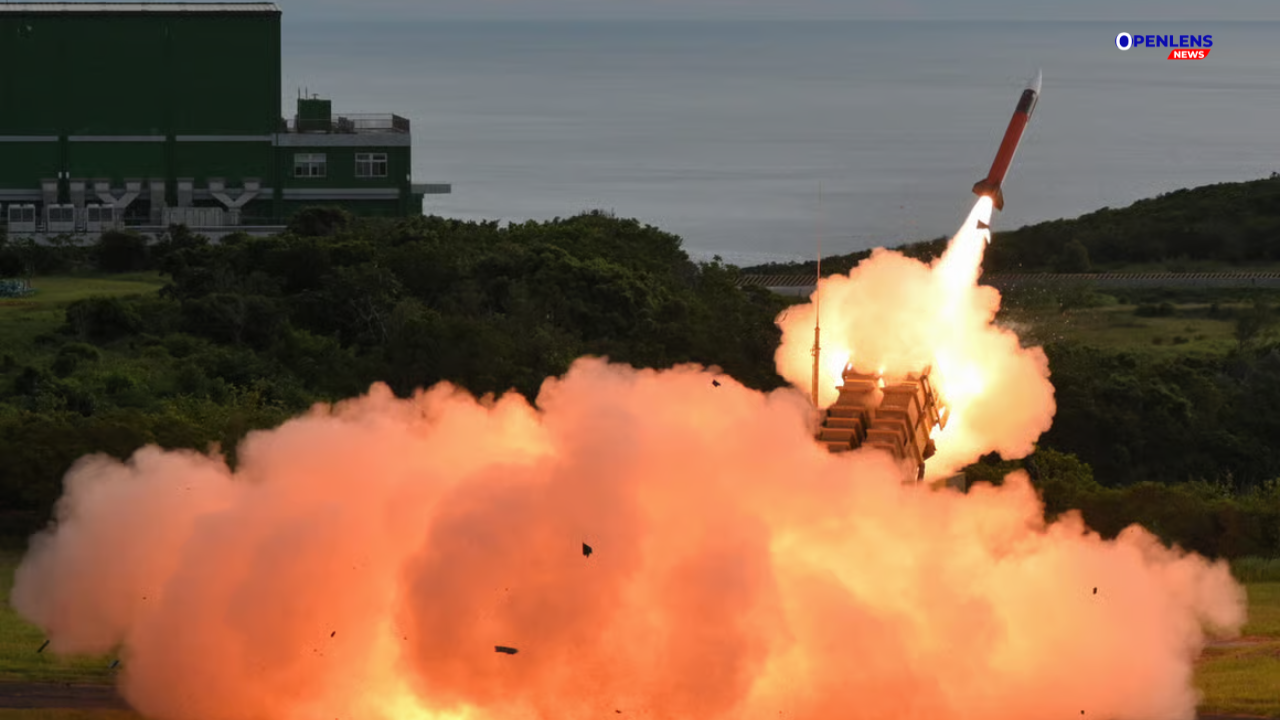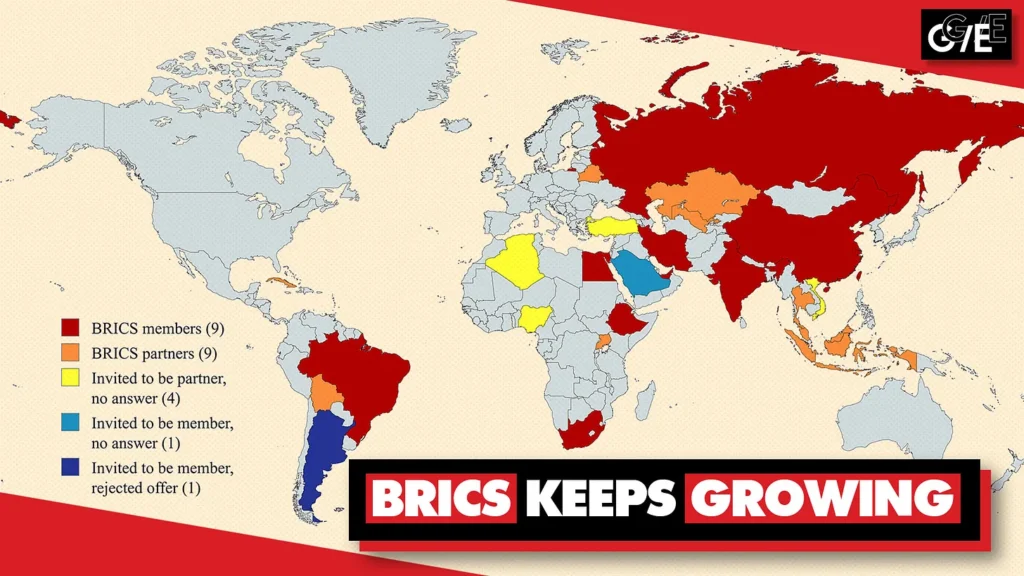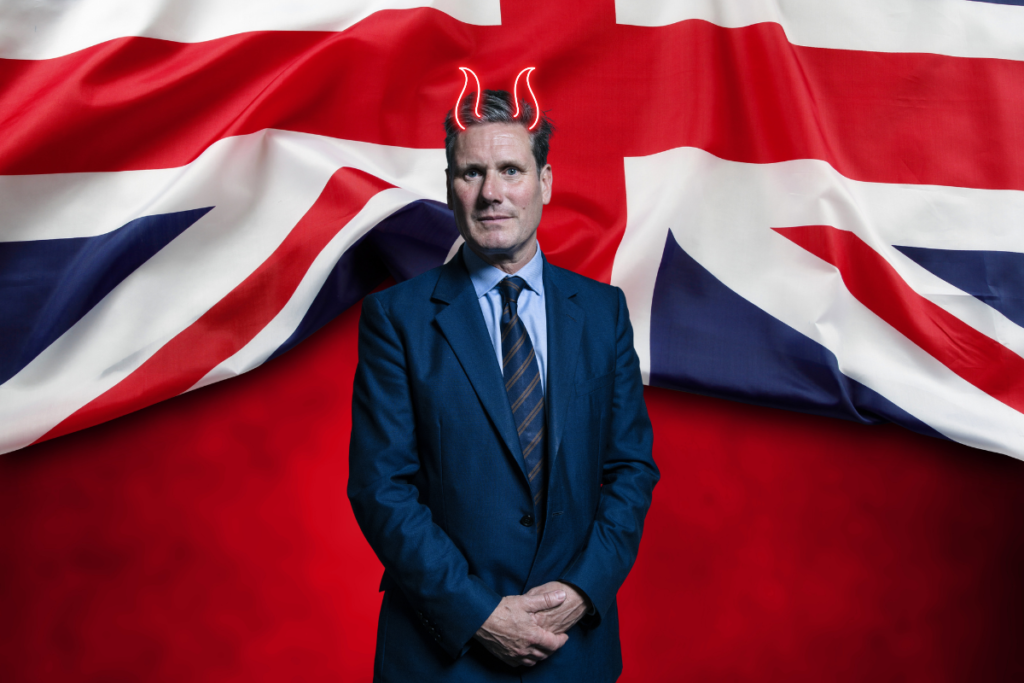Europe stands at a critical juncture in its defence strategy, faced with a pressing question: should it continue relying on America’s battle-tested Patriot missile system, or take a leap of faith in the Franco-Italian SAMP-T New Generation (NG) as a symbol of European independence? On the surface, the SAMP-T NG boasts impressive stats, long-range detection, streamlined deployment, and a price tag roughly half that of the Patriot battery. But beneath the glossy brochures and political rhetoric lies a far murkier reality.
The Patriot missile system has been the gold standard for decades, proven on countless battlefields, from the deserts of the Gulf War to the skies defending Kyiv against relentless attacks. It’s not just a weapon; it’s a tested, reliable shield. Meanwhile, the original SAMP-T system struggled to gain traction outside its home turf, and its performance in Ukraine raised eyebrows rather than applause. Its next-generation upgrade, despite promises, has yet to face real combat pressure, making skeptics question whether it’s truly battle-ready or merely a political statement dressed in military jargon.
France and Italy’s push for the SAMP-T NG is not just about defence capability, it’s about politics and pride. The message is clear: Europe must break free from American dependence to assert its strategic autonomy. But is this ambition driven by genuine military necessity or by an overblown desire to project power and influence? Critics warn that Europe’s rush to “Europeanize” its air defence risks compromising effectiveness, especially when time is not on its side. With the US-led European Sky Shield Initiative already integrating top-tier systems like Patriot and Israeli Arrow-3, the question is whether Europe is throwing away proven technology for political symbolism.
Compounding the issue, delays in Patriot production and stretched supply chains add fuel to the debate. Yet, waiting for a less proven system in a world growing increasingly volatile may be a gamble with potentially catastrophic consequences. Is Europe prepared to risk its security on an untested missile system simply to satisfy political ego and industry interests?
In this battle of missiles, the true contest may not be technical but ideological. Will Europe prioritize security and reliability, or will it gamble on sovereignty and symbolism? The coming years will tell if the SAMP-T NG emerges as a legitimate challenger or just another footnote in Europe’s long struggle for defence independence, a struggle that may leave its skies vulnerable in the meantime.



